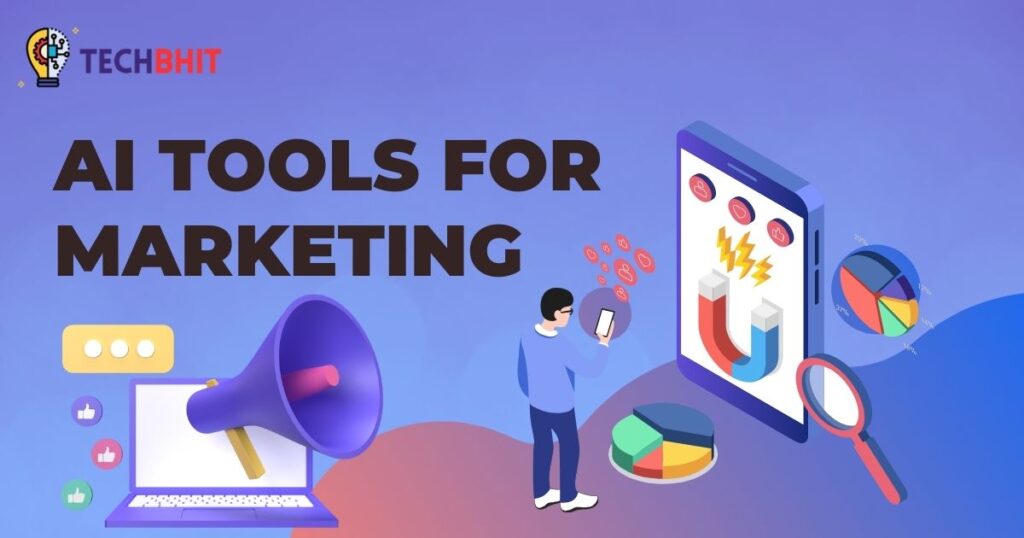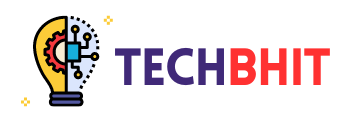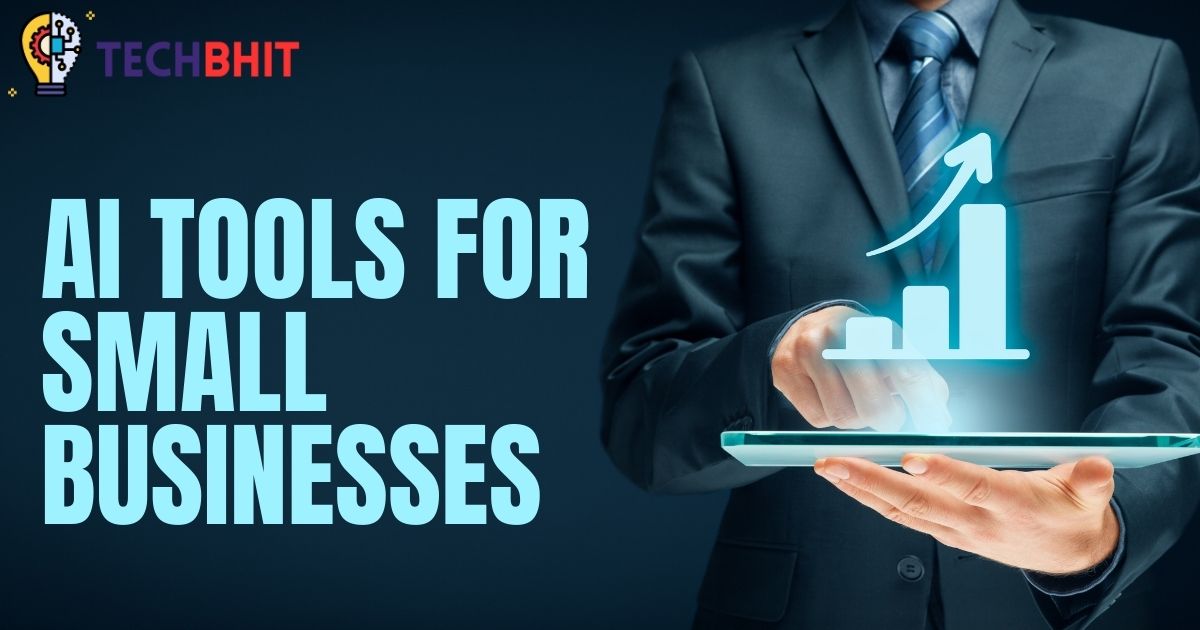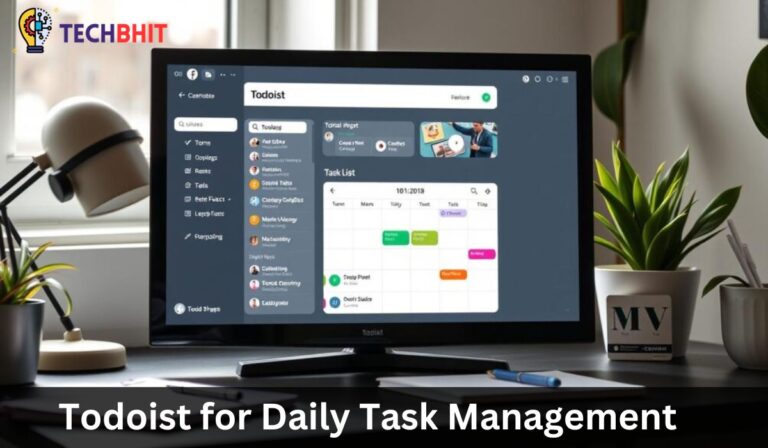Artificial intelligence (AI) is no longer a futuristic concept; it’s here and revolutionizing the way small businesses operate. From automating mundane tasks to providing actionable insights, AI tools are becoming indispensable for companies aiming to improve efficiency, customer service, and overall profitability. This article delves into the various AI tools that are transforming small businesses and why they are essential for sustained growth.
Why Small Businesses Need AI
Small businesses face numerous challenges, including limited resources, time constraints, and stiff competition. AI tools help alleviate these pain points by automating repetitive tasks, optimizing operations, and offering insights that would otherwise take hours to uncover manually.
Here are some key reasons why small businesses should adopt AI:
- Cost-Effective Automation: AI-powered tools can handle a wide array of tasks, reducing the need for multiple employees to focus on repetitive tasks.
- Improved Efficiency: AI solutions streamline business processes, allowing small businesses to focus on high-value activities like strategy and customer relations.
- Better Customer Service: AI chatbots and recommendation engines provide faster, personalized responses, leading to improved customer satisfaction.
- Data-Driven Decision Making: AI-driven analytics offer deeper insights into market trends, consumer behavior, and internal performance, allowing businesses to make informed decisions.
Now, let’s explore some AI tools that small businesses can leverage across various operational areas.
AI Tools for Marketing

Marketing is crucial for any business, especially for small companies competing in crowded markets. AI-based marketing tools help in automating campaigns, personalizing customer experiences, and optimizing marketing efforts based on data analytics.
1. HubSpot (CRM and Marketing Automation)
HubSpot is a leading AI-powered platform for marketing, sales, and customer service. Its AI-driven features include:
- Automated Email Marketing: AI helps in sending personalized emails based on customer interactions, optimizing open rates and engagement.
- Content Strategy: AI analyzes content performance and suggests topics based on keywords, helping small businesses focus on what works.
- Chatbots for Customer Support: HubSpot’s AI-driven chatbots help in handling customer inquiries, allowing you to focus on high-priority tasks.
2. AdEspresso (Ad Campaign Optimization)
For small businesses running paid campaigns on social media, AdEspresso uses AI to:
- Optimize Ads: AI automatically adjusts ads in real-time based on performance metrics, ensuring better ROI.
- Audience Segmentation: It suggests audience groups most likely to engage with your ad content, reducing the guesswork.
3. Canva (Graphic Design)
While not purely an AI tool, Canva integrates machine learning to simplify graphic design tasks for small businesses:
- Design Suggestions: Canva’s AI analyzes your existing brand design elements and suggests layouts and templates that suit your brand style.
- Automated Resizing: AI helps you resize designs for multiple platforms with just a click, eliminating the need for manual adjustments.
AI Tools for Customer Service
Great customer service is essential for the success of any small business. With AI, businesses can provide 24/7 support, respond to queries faster, and improve overall customer satisfaction.
1. Zendesk (Customer Support Automation)
Zendesk is an AI-powered customer service platform designed to enhance customer experience:
- AI Chatbots: Zendesk uses machine learning to handle common queries, escalating more complex issues to human agents when necessary.
- AI-Powered Help Centers: It suggests articles and resources based on customer inquiries, making self-service more effective.
- Predictive Analytics: The platform can predict customer needs based on past interactions, allowing for more proactive customer service.
2. LivePerson (AI Chatbot and Messaging Solutions)
LivePerson uses conversational AI to facilitate real-time customer interactions across multiple platforms:
- Natural Language Processing (NLP): Its AI understands and responds to customer queries in a natural way, improving engagement.
- Sentiment Analysis: AI evaluates the emotional tone of customer messages, helping businesses respond appropriately and enhance customer satisfaction.
AI Tools for Sales
AI can optimize sales processes by automating repetitive tasks, analyzing customer data for better targeting, and offering valuable insights into customer behavior.
1. Salesforce Einstein (AI for Sales)
Salesforce Einstein is an AI-driven CRM platform that helps small businesses optimize their sales efforts:
- Lead Scoring: AI ranks leads based on their likelihood to convert, allowing sales teams to focus on high-potential customers.
- Predictive Forecasting: AI analyzes past sales data to predict future trends, helping businesses make informed decisions.
- Automated Follow-Ups: Einstein automates follow-up emails and messages, ensuring timely engagement with prospects.
2. Pipedrive (Sales Automation)
Pipedrive is a sales-focused CRM with AI capabilities that include:
- Sales Performance Insights: AI analyzes sales activities and provides actionable insights to improve performance.
- Automated Data Entry: The platform uses AI to automatically log sales activities, freeing up time for sales teams to focus on closing deals.
AI Tools for Operations and Productivity
Operations management is another area where AI can make a significant impact. By automating routine tasks, managing projects, and optimizing workflows, small businesses can achieve greater operational efficiency.
1. Trello + Butler (Project Management)
Trello’s AI-powered automation feature, Butler, helps streamline project management tasks:
- Automated Workflows: Butler automates repetitive tasks like moving cards between boards, assigning tasks, and setting due dates.
- Smart Recommendations: AI analyzes your workflow patterns and suggests automations to increase efficiency.
2. Xero (Accounting and Finance)
Xero uses AI to simplify accounting tasks for small businesses:
- Automated Bank Reconciliation: AI matches transactions from your bank account with those in your accounting software, reducing manual data entry.
- Expense Categorization: AI categorizes expenses automatically based on past behavior, speeding up the bookkeeping process.
- AI-Powered Insights: Xero provides financial performance insights using machine learning, helping small businesses make better financial decisions.
3. Zapier (Task Automation)
Zapier is an automation tool that integrates AI to connect various apps and automate workflows:
- Cross-App Automation: AI allows users to automate workflows between different tools, such as syncing CRM data with email platforms or updating project management tools based on calendar events.
- Smart Suggestions: Zapier’s AI recommends workflows based on your app usage, helping you automate tasks you hadn’t thought of yet.
AI Tools for HR and Recruitment
Hiring and managing employees is a time-consuming task, but AI tools make it easier to handle everything from candidate screening to employee engagement.
1. Breezy HR (Recruitment Automation)
Breezy HR leverages AI to streamline the hiring process for small businesses:
- AI-Driven Candidate Screening: AI scans resumes for keywords and matches them with job descriptions, helping businesses shortlist candidates more quickly.
- Automated Interview Scheduling: The platform automates interview scheduling, reducing back-and-forth communication.
2. Zoho People (HR Management)
Zoho People is an AI-powered HR management tool that helps small businesses with employee management:
- AI-Powered Performance Reviews: AI analyzes employee performance data to provide insights into productivity and areas for improvement.
- Employee Self-Service: The platform allows employees to handle HR-related tasks like leave requests, saving time for HR managers.
AI Tools for Data Analysis and Business Intelligence
Data analysis can be a daunting task, especially for small businesses without dedicated data teams. AI-powered analytics tools simplify this by providing actionable insights and forecasting trends.
1. Tableau (Data Visualization and Analytics)
Tableau uses AI to help small businesses make sense of their data:
- Natural Language Queries: Tableau allows users to ask questions in plain language, and AI translates these into complex queries.
- AI-Powered Data Insights: The platform highlights key data trends and suggests next steps for business growth based on past performance.
2. MonkeyLearn (Text Analysis)
MonkeyLearn is an AI tool for analyzing text data, such as customer reviews or social media comments:
- Sentiment Analysis: AI detects the sentiment behind customer feedback, helping businesses understand how their brand is perceived.
- Text Classification: AI categorizes large volumes of text into predefined categories, simplifying data analysis.
AI Tools for E-Commerce
E-commerce is another area where AI tools can greatly benefit small businesses. From personalized product recommendations to inventory management, AI enhances every aspect of an online business.
1. Shopify (AI-Powered E-Commerce Platform)
Shopify uses AI to enhance the e-commerce experience:
- Personalized Recommendations: AI analyzes customer behavior and suggests products that are likely to interest them, boosting sales.
- Inventory Management: AI predicts inventory needs based on sales data, helping businesses avoid stockouts or overstocking.
2. Privy (Email Marketing for E-Commerce)
Privy is an AI-powered email marketing tool specifically designed for e-commerce:
- AI-Optimized Campaigns: The tool uses machine learning to optimize email subject lines, timing, and content for maximum engagement.
- Automated Abandoned Cart Emails: AI sends personalized emails to customers who abandon their carts, increasing conversion rates.
Implementing AI Tools in Small Businesses: Best Practices
While AI tools offer incredible advantages, their implementation needs to be strategic to maximize their potential. Here are some best practices for adopting AI in your small business:
- Start Small: Don’t try to implement multiple AI tools at once. Start with one or two areas, like marketing or customer service, and gradually expand.
- Train Your Team: AI tools are only as good as the people using them. Make sure your team understands how to use the tools effectively.
- Monitor Performance: Regularly evaluate the performance of your AI tools. If something isn’t working, don’t be afraid to switch to another solution.
- Focus on ROI: Track the return on investment (ROI) of each AI tool to ensure it’s delivering value for your business.
Conclusion
AI tools are no longer just for big corporations. They have become accessible and affordable for small businesses, offering unparalleled opportunities for growth and efficiency. From marketing automation to customer service, sales, and operations, AI can help small businesses compete more effectively in today’s fast-paced digital environment. By choosing the right AI tools and implementing them thoughtfully, small businesses can enhance their productivity, reduce costs, and make data-driven decisions that fuel long-term success.
As AI technology continues to evolve, the potential benefits for small businesses will only grow, making now the perfect time to explore AI solutions tailored to your business needs.




